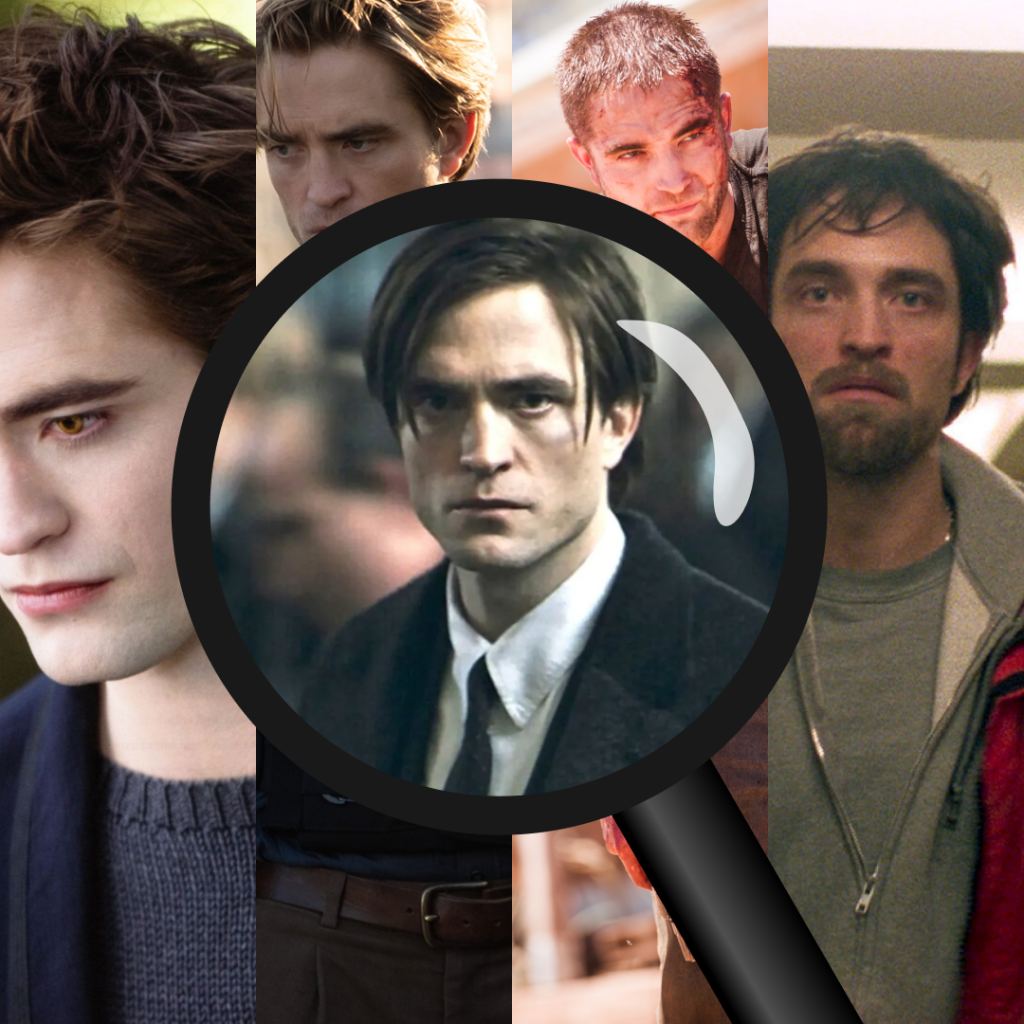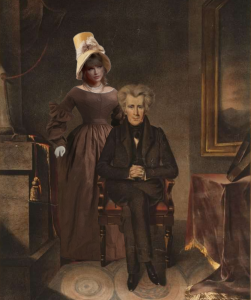
With today’s release of the much-anticipated and long-delayed film “The Batman,” all eyes are on lead actor Robert Pattinson. His turn to take the mantle of the Caped Crusader is just the latest in a career trajectory that has been considered far removed from what role originally gave him fame and recognition: Edward Cullen in the “Twilight” saga.
Technically speaking, his lead role in “Twilight” was not the first time Pattinson played a character in a multi-million dollar novel adaptation. His most well-known role from before then is Cedric Diggory, a character in “Harry Potter and the Goblet of Fire.”
But it really is “Twilight” and its rise to the status of a pop culture phenomenon that defined Pattinson’s career for the longest time. Films outside of the franchise that he appeared in had a similar target audience, mainly being PG-13 romance films, including “Remember Me” (2010) and “Water for Elephants” (2011). These films hoped to bank off of the perceived appeal of Pattinson as a heartthrob for teens across the country.
Even outside of the films that he was starring in, a major part of the intrigue surrounding Pattinson came as a result of his strange and overall confusing demeanor in interviews. Whether it be saying that he watched a clown explode to death in an interview for “Water for Elephants,” or a wide variety of strange and confusing responses during a Reddit Ask Me Anything in 2017, Pattinson’s public persona and stance during interviews was and still is unlike anything we’ve seen from a Hollywood actor of his notoriety. This only added to the intrigue and conversation surrounding him.
Not all talk of Pattinson and his work was positive, however. Despite the massive box office success of the “Twilight” saga, the films got mixed negative reviews from critics and were divisive among audiences. While the franchise had a passionate fanbase, it also received hatred that extended towards anyone and everyone attached, especially Pattinson and his fellow lead Kristen Stewart.
So it isn’t exactly surprising that Pattinson took a bit of a break from acting after the franchise’s final entry, “Breaking Dawn – Part 2,” released in 2012. Almost two years passed before his next film, “The Rover,” came out. Even after his return, the films that Pattinson would be a part of would be different from what we had come to expect out of him.
Whether it was the annoyance towards people relentlessly hating his role in “Twilight,” the personal displeasures with working in the franchise that he has shared or the workload that comes from the big-name Hollywood circuit, Pattinson would focus his time after “Twilight” on more independent films made by auteur directors.
This shift in his career path had the double effect of taking him out of the general public consciousness as well as restoring film fans’ faith in him as a talented actor. His performances in films like “Life” (2015), “The Lost City of Z” (2016), “Good Time” (2017), “The Lighthouse” (2019) and “The King” (2019) garnered consistent praise, showing how capable and talented he is as an actor and how far behind him he has put his “Twilight” days.
Pattinson wouldn’t get another chance at success in a modern blockbuster until the release of Christopher Nolan’s “Tenet” in 2020, where he plays standout character Neil. This role showed the general public 12 years after “Twilight” first released that he did have the chops for big-budget material all along.
Between his role in “Tenet” and his success with independent films in the past five years, Pattinson was picked to be the next actor to portray Batman, a coveted role held by numerous well-regarded and famous actors over the decades.
While some fans may still be worried, those of us that know what Pattinson is capable of know that he’ll do a great job not only playing Batman but also whatever else he decides to do next.




